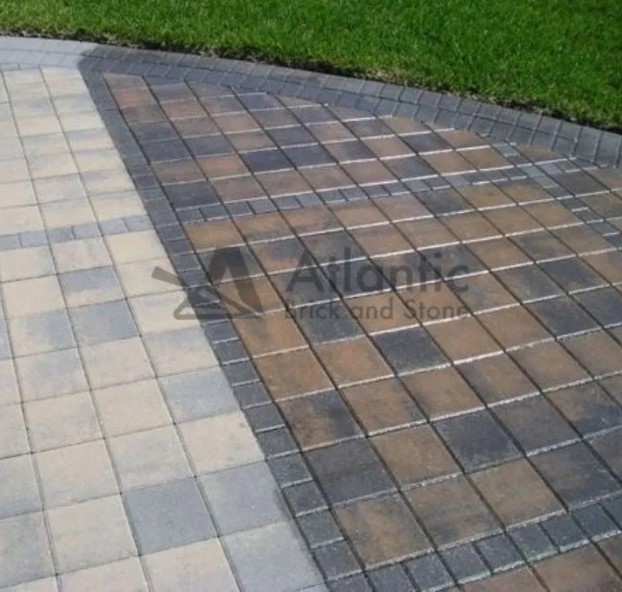You’ve just had a beautiful new patio installed using natural stone or concrete pavers. This was a big investment and you want to make sure you keep your new outdoor space looking its best. But do those patio pavers really need to be sealed? To understand if sealing is right for your situation, let’s first get familiar with patio pavers and their properties.

Patio pavers are flat stone or concrete pieces used to create a patio surface. They come in various materials like natural stone, concrete, clay, or porcelain and are installed close together with small gaps between each piece. These gaps are usually filled with jointing sand or polymeric sand to lock the pavers in place.
Some common paver materials include:
Patio pavers provide many advantages for outdoor living areas:
Sealing patio pavers involves applying a protective sealer to the surface, forming a barrier that protects the pavers from internal and external damage over time.
Sealing prevents water, oil, dirt, and other stains from being absorbed into porous pavers, especially natural stones. It also offers protection against UV rays, weathering, and de-icing chemicals. Properly sealed pavers are easier to clean, maintain their colors longer, and are less prone to freeze-thaw damage, extending the lifespan of your patio.
Sealed pavers retain vivid colors and clean lines longer. Unsealed pavers can fade, look dull, or develop incomplete coloring from wear.
The sealer acts as an armor against degrading elements like chemicals, soil deposits, de-icing salts, and UV rays, preserving pavers for decades.
Sealed surfaces resist spills from wine, coffee, or food without absorption, making cleaning simple.
Sealing enhances durability against freeze-thaw cycles, rain runoff erosion, and air pollution, allowing pavers to endure harsh seasons with minimal wear.
Sealing creates a barrier that protects color pigments from weathering and wear, keeping shades vibrant longer.
If pavers are not sealed, issues like the following may occur:
In some cases, sealing may not be needed:
Here are some pros and cons of each approach:
Pro Tip: Consider project size, expertise level, product costs, and warranty value to decide if professional help will save you stress and deliver better results. For large patios, hiring a pro is often worthwhile.
Hiring professionals is beneficial for patio paver maintenance. Atlantic Brick and Stone, a top-rated company in Fredericton, offers over 15 years of experience in hardscape projects, including patio paver installation, concrete, natural stone, and retaining walls. We specialize in paver sealing, repair, cleaning, and refinishing.
For a free estimate on paver installations, sealing services, or hardscape repairs, consult with their experts for property inspections, recommendations, and budget-friendly solutions.
Hiring Atlantic Brick and Stone is a great choice for professional paver services in Fredericton. Through regular sealing and repairs done by experts, you can ensure your patio pavers maintain their investment value and curb appeal, lasting through all weather conditions.
GET STARTED
Create stunning structures with our residential and commercial masonry services in Fredericton. From meticulous designs to the completed build, our process is professional and rewarding, and we can’t wait to build your dream with you.
Atlantic Brick and Stone, one of the best masonry contractors in Fredericton, NB
Contact
8 Muskie Street, Lower Kingsclear, New Brunswick E3E 0E7, Canada